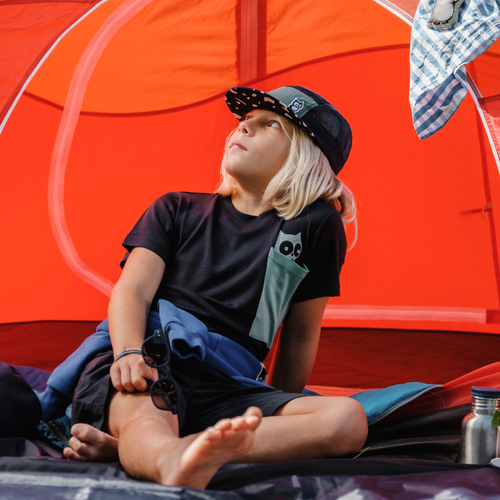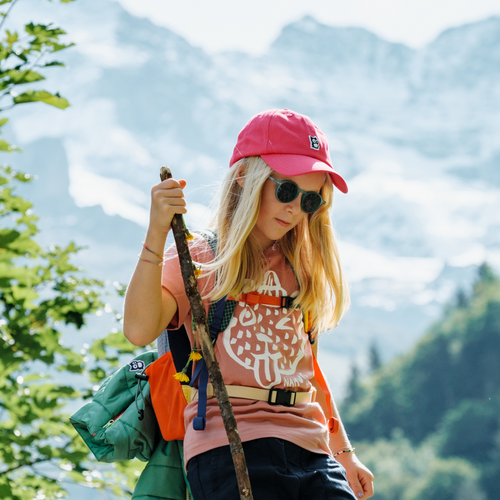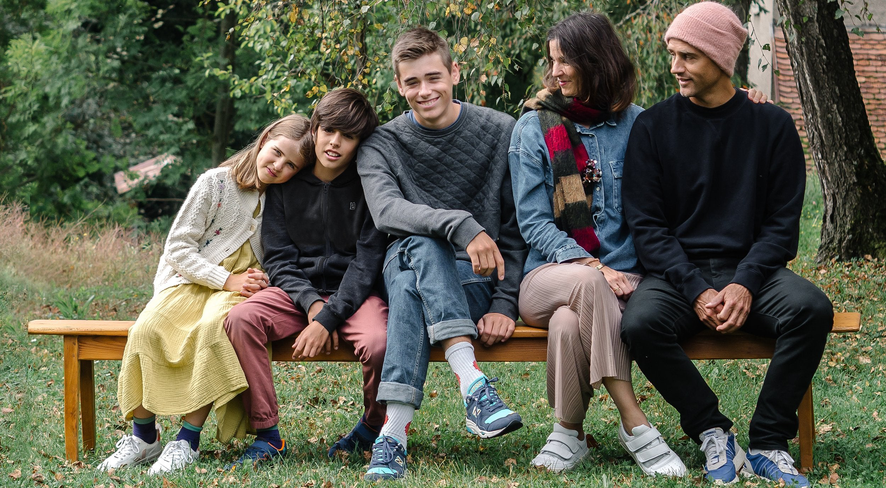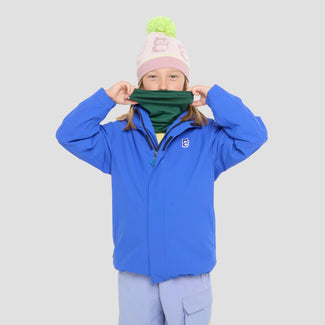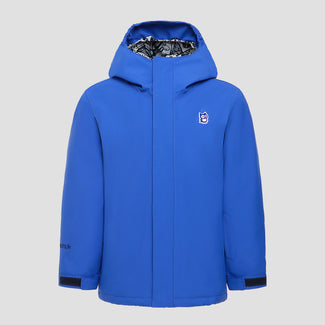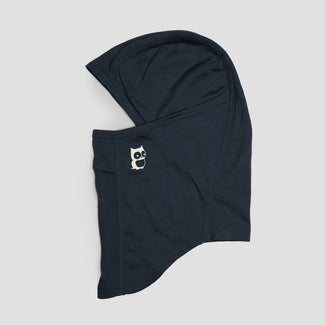Dear Fathers,
I’m writing to you because I think it’s time that we spoke up.
For a long time, we’ve been watching the simmering debate about gender equality and how ideologically charged it has become. Many women have made statements about it – from the (women) authors of this study to (women) journalists to (women) politicians. These are absolutely voices that must be heard. My concern is certainly not that men’s voices must also be heard. My concrete concern right now is the fathers, and at this moment, I am asking: Where are you?
Work-life-balance
I am the father of three wonderful children and can say unequivocally: Every day, I take my bad conscience and dissatisfaction with my “performance” as a father and husband with me to work. Because, yes, with my decision to found namuk and become independent, I – “David,” if you will – went into battle against “Goliath,” the nemesis of work-life-balance. Yet I still don’t regret this decision.
It’s a great help to me to recollect, time and again, that the idea behind the company arose from the passion my wife and I both shared – inspired by our first son. It grew from the strong desire to create something for our children – for our three, but also for their friends, classmates, peers – and ultimately, for all the generations. Because with namuk, we want to inspire children to spend as much time as possible in nature, to discover it and learn to love it. We want to protect nature, together with the children – to protect our world. And what exactly does that have to do with the discussion about gender equality? Let me explain.
Stereotypes imprinted on us
Back to the debate. Is it really true that women are less interested in climbing their chosen career ladders than men? Would men truly rather go to work than take care of their kids? Is it really all so simple? What do all of you think? I think: No. What everyone’s talking about are deeply anchored, old ‘gender roles.’ And yes, I think there is something to it. It seems clear that even today, mothers are still significantly more likely to serve as the primary caregivers of their children – and the fathers, by contrast, tend to be the main breadwinners.
In my view, this is just a logical consequence of the stereotypes imprinted on us and that we all experienced from our earliest years of childhood – just as a majority of children still experience today. My children are embedded in the same situation – at least on the surface. How is it with all of you?
I can assure you that in our time together, I make every effort to show my children that these old gender roles and stereotypes can and should be smashed. My daughter should know that we chose our family model, and she has complete freedom to choose to structure her life differently. And equally, my sons should know that no one demands of them that they must be big earners or the main breadwinners as adults.
A theory
And now I would like to propose a theory and hear what you think: Let’s look into our children’s bedrooms, their schoolbooks, their closets… and there, too, we see them: the old stereotypes. But by contrast, look outside into nature: children playing in the woods, on the playground, at the park – wherever. Can you see anything there that differentiates between genders? No. Now let’s take the classic outdoor sports and activities, such as skiing and biking. Do they differentiate between genders in childhood? No.
namuk does not design for girls or boys, but for children. There is no division by color here. We want to send children colorfully into nature. Show them possibilities and give them the chance to find themselves.
Outside, little adventurers are born, and what they love most is to play with whatever nature places at their disposal. Outside, no
media or screens of any sort matter at all, either. In my view, that makes being outside a huge opportunity for our children. Nature is an environment in which kids can grow into people who will someday break the cycle of gender stereotypes that have trapped generation upon generation.
We can make a difference
Thus my questions for you: What do you see if you take a really honest look at the upbringing that shaped our own generations? Do we engage often enough in honest exchange with our partners to decide together on the best way to divide tasks and define the roles that are right for our own families? Do we guide our children well enough through the world of stereotypes, helping them understand and giving them the courage to break out of those stereotypes?
Let us, whenever possible, go outside with our children in nature – the healthiest place for body and mind. Doing so, we can make a difference. Or what do you think?
Franz




